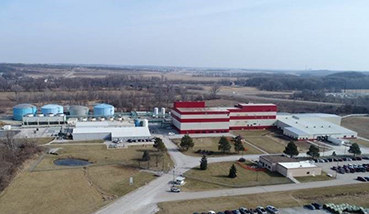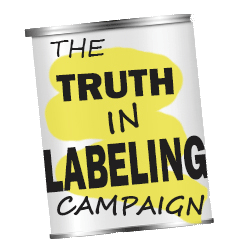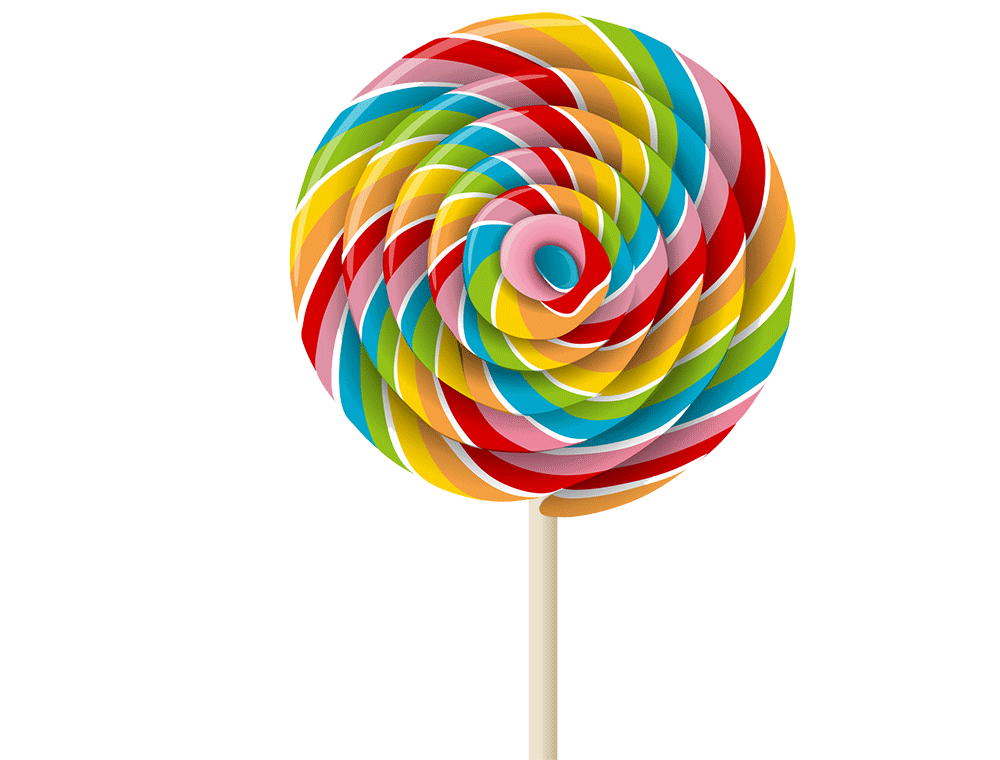It sure is easy to get sucked into the “MSG-is-safe” advertising. Let’s face it, they’re very good. They’ve hired the best. And we all can get pulled in.
I’m embarrassed to tell you how many times I’ve looked at the sentence “MSG is the salt form of the amino acid glutamate, which occurs naturally in a wide range of protein-rich foods and vegetables, such as shrimp, seaweed, and tomato,” and wondered if the sentence is designed to mean 1) “MSG,” a manufactured flavor enhancer, occurs naturally in food, or 2) “glutamate” occurs naturally in food.
It has only just occurred to me that the reader is supposed to come away with the idea that MSG occurs naturally in foods like shrimp, seaweed, and tomatoes. That, after all, is one of the glutamate industry’s essential lies.
The truth is that MSG is manufactured. It doesn’t occur naturally in anything.
Here the lie is just put more subtly than usual. Still, I can’t believe how long it took me to recognize this as fine-tuned propaganda designed to leave you and me with the misconception in our heads that MSG occurs naturally in food. That’s how good they are at deceptive and misleading advertising.
In case you’ve missed the glutamate industry’s list of essential inaccuracies, misrepresentations, and deceptions we’ve recapped it here.
The six big fat lies
#1: The glutamate contained in MSG is identical to the glutamate in the human body
#2: MSG is very well researched and found to be safe.
#3: It must be safe since the FDA has said so.
#4: MSG has been used for over a century without adverse reactions.
#5: MSG is naturally made, similar to yogurt, vinegar and wine.
#6: Monosodium glutamate occurs naturally in food.
Actually: MSG is manufactured using genetically modified bacteria that excrete glutamic acid through their cell walls. In the United States, monosodium glutamate is produced in Ajinomoto’s plant in Eddyville, Iowa.

The Whopper
Humans couldn’t eat enough Manufactured free Glutamic acid (MfG) to cause the brain damage, endocrine disorders, and assorted reactions that the laboratory animals had experienced.
In addition to out and out lies, there’s the question of the ethics of omission of facts relevant to the safety of a product. The FDA says that it is illegal to omit relevant information when describing drugs. That’s what the drug inserts are all about. But according to the FDA – and the legislators who fund them – telling the whole truth about poisonous ingredients doesn’t hold true for food.
A big push has been launched in Nigeria to promote sales of MSG and the Nigerian branch of the Japanese company that now manufactures it. As always, the propaganda aimed at Nigerians is attractive, persuasive, and delivered by authorities, celebrities and other “experts.” Following are snippets (all of them lies) taken from a July 25, 2021 article in Punch:
“The safety of AJI-NO-MOTO® has long been scientifically proven and its safety approved by authorized agencies of the United Nations.”
“An extensive body of research which has been reviewed by scientists and governments around the world, including the US FDA, the American Medical Association, experts of the United Nation’s Food and Agriculture Organization, World Health Organization and the European Commission’s Scientific Committee for Food demonstrates that glutamate is safe.”
“Umami seasoning, according to [the subject of the interview] has been safely used as food ingredient since 1908 after it was discovered by a Japanese scientist, Dr. Kikunae Ikeda.”
“MSG’s 113-years history of safety validated by health organizations across the globe,”
“MSG is found naturally in some foods including tomatoes and cheese.”
“MSG does not cause allergy; it does not cause asthma– no link at all; it does not cause obesity; no adverse effect on the lung. Again, no study has shown any group of people not to take glutamate.”
“Almost all seasoning contains MSG”
For more about the dangers posed by coming in contact with MfG (the poisonous ingredient in MSG) and the people who manufacture and market it, see:
There are seven lines of evidence leading to the conclusion that the manufactured free glutamate (MfG) in monosodium glutamate is toxic.
Data that demonstrate that glutamate in human tissue becomes excitotoxic – brain damaging – when present in amounts that exceed what a healthy person needs for normal body function.
Animal studies done in the 1970s that have demonstrated the toxicity of MSG and MfG.
And:
https://www.truthinlabeling.org/assets/Data_from_the_1960s_and_1970s_demonstrate.pdf
Animal data offered inappropriately as evidence that MSG is harmless.
Alerts from independent researchers warning of dangers posed by ingesting MSG.
Human studies that have demonstrated the toxicity of MSG.
Glutamate industry human studies rigged to produce negative results (no harm done by MSG).


